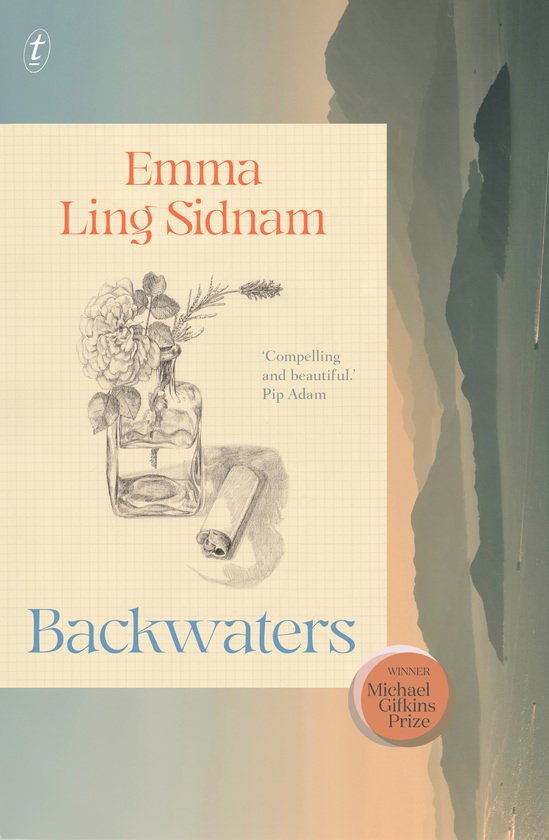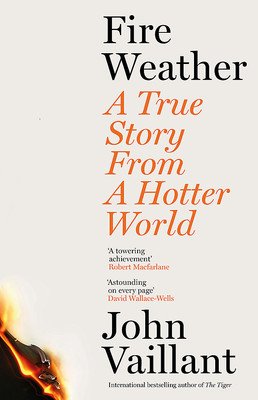“The truth is that sometimes we just want the worst to happen,” she writes, he supposes because there is no other way that we can be conclusively relieved of our fear that the worst may happen. Until such relief arrives, he thinks, we attempt to suppress our fear with whatever means we have at our disposal. “When we probed underneath everyday life,” she writes. “When we pressed on to the other side of the ordinary, did we not after all conclude that boredom was a form of anxiety, if not of sheer terror? When one acted out of boredom, it was an effort to forestall the worst taking one by surprise.” We learn very little about the narrator of this book, he thinks, we learn very little and the very little that we do learn is eventually taken away. The narrator sheds rather than accrues character, the things that happen to her are either without consequence or with no consequence other than being later undone, the narrator ends up less connected to any of the other characters, so to call them, than she was when she had not yet met them, she continuously makes observations and intimations but these observations and intimations are strangely devoid of content, they are structures with no core. The nameless narrator takes a post at a nameless university in a nameless city prone, seemingly, to flooding. Someone puts portentous notes under her door, but don’t expect to learn why or who. She develops an enduring fascination with Clara, the wife of the Department Chair, who leaves her husband, who knows why, and moves into the narrator’s cottage, who knows why, and then moves out again, who knows why and who knows where, certainly the narrator doesn’t seem to know why or where. “Our turning towards each other … might best be understood as an orientation towards an ideal, and it is for that very reason that the whole enterprise suggested devastation from the start. It contained within it the seeds that made its own realisation impossible,” she writes. It is unclear what the relationship between Clara and the narrator could be, the narrator doesn’t seem able to relate to anyone on any level, the two are almost complete opposites in every way, but, judging from hurts that the narrator is intent upon receiving from this relationship, if it even is a relationship, we could do worse than to speculate that Clara, one of only two characters who have been given a name, is mostly a projection of the narrator, a masochistic fantasy, a tool for self-harm. “Clara suggested that I had allowed myself to descend further and further into the realms of abjection in an effort to make myself interesting. Perhaps, she said, it was for the best that I could not write, for if I could not write, I would not then compromise myself in the ways that I had previously described to her — that is, in ways that were, when one looked closely, actually relatively shameful. … Although I may at one point have been a good thinker, this was evidently no longer the case.” After Clara leaves, something happens to her, there have been intimations of physical threats towards women throughout the novel, though we don’t know exactly what. “I did not want to think about what had happened to Clara. I did not want to think about what had happened. I did not want to think that what had happened to me had happened to her.” This is the only time that the narrator hints at a reason behind her evident self-loathing and abjection. Some unfaceable trauma has left her believing that abjection is her due, left her without faith in the possibility of any continuity or reciprocation, “sure to be found out for transgressions I did not recall having committed but was nonetheless guilty of.” She believes herself fated to endless loss and misfortune, “merely because one found oneself in the wrong place at the wrong time. Merely because, increasingly, it seemed to me, there was no right place or right time, still less did the two together exist anywhere, hard though one looked.” The narrator is unable to achieve anything or believe in anything closer than an immense distance between herself and her material, the sort of distance a narrator might maintain from the details of the story of another character in another book or of the story or some other personage unknown to them but narrated by another character, but in this book the material from which this degree of remove is maintained is herself. There is no past, and there is hardly any present either, and, turned upon itself, the narrator’s text sometimes almost eliminates any excuse for its production. At other times, often when taking a more casual attachment to the material, such as the story of a woman sitting on a park bench in Helsinki, perhaps when the material itself is at sufficient remove, Bernstein’s precise, cool, devastating prose takes on a Cuskian quality in highly memorable passages balancing dismissal, sympathy and unsparing humour. Bernstein’s sentences often have an aphoristic quality, sometimes unsettlingly at odds with their purported content. Her prose prickles. “What was absolute was not necessarily unconditional.”





















































































































